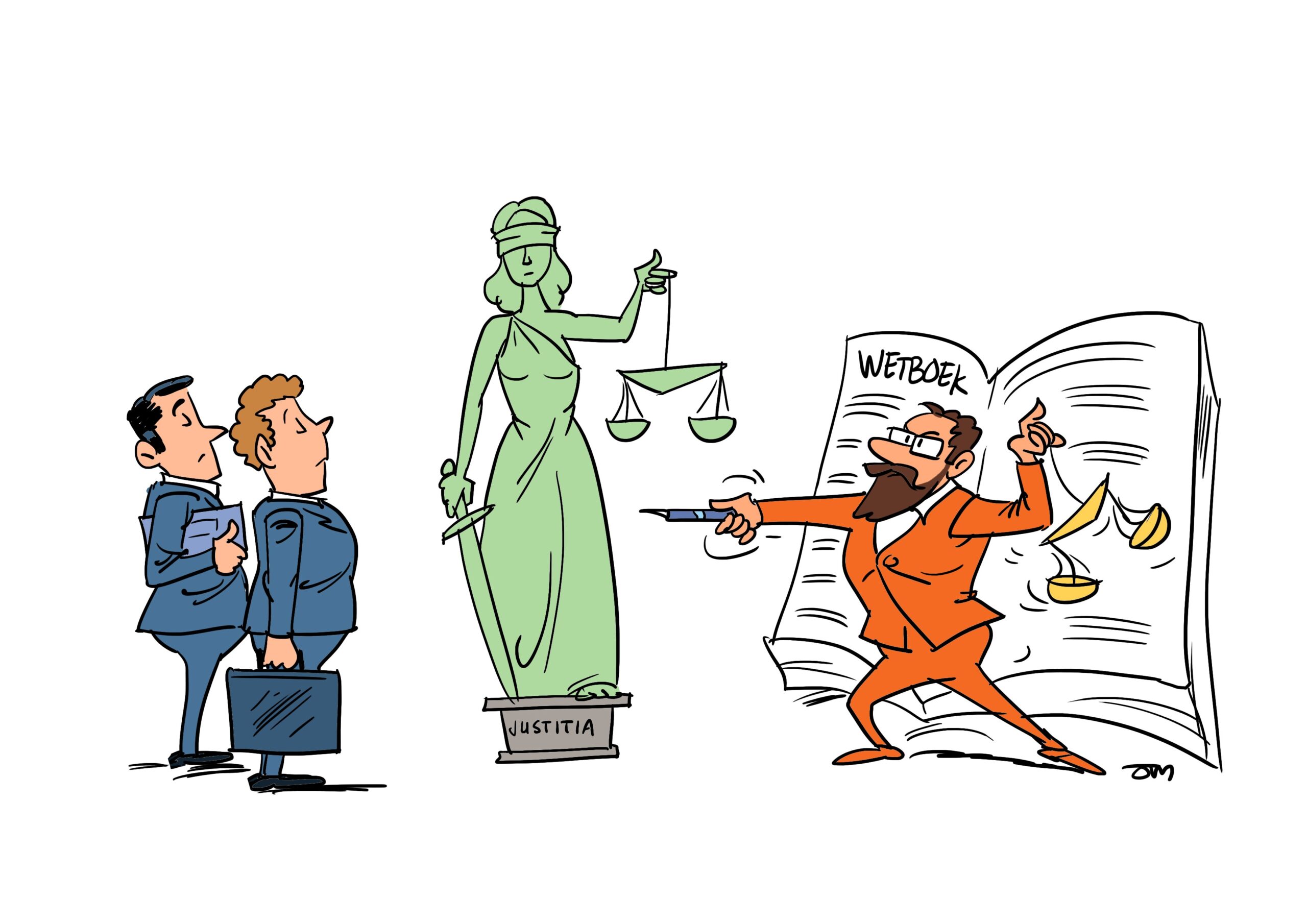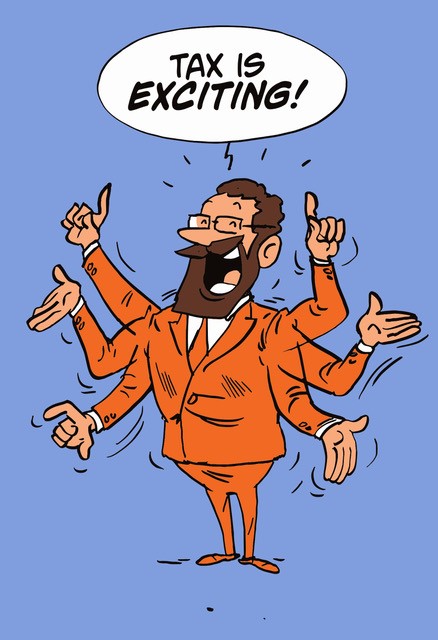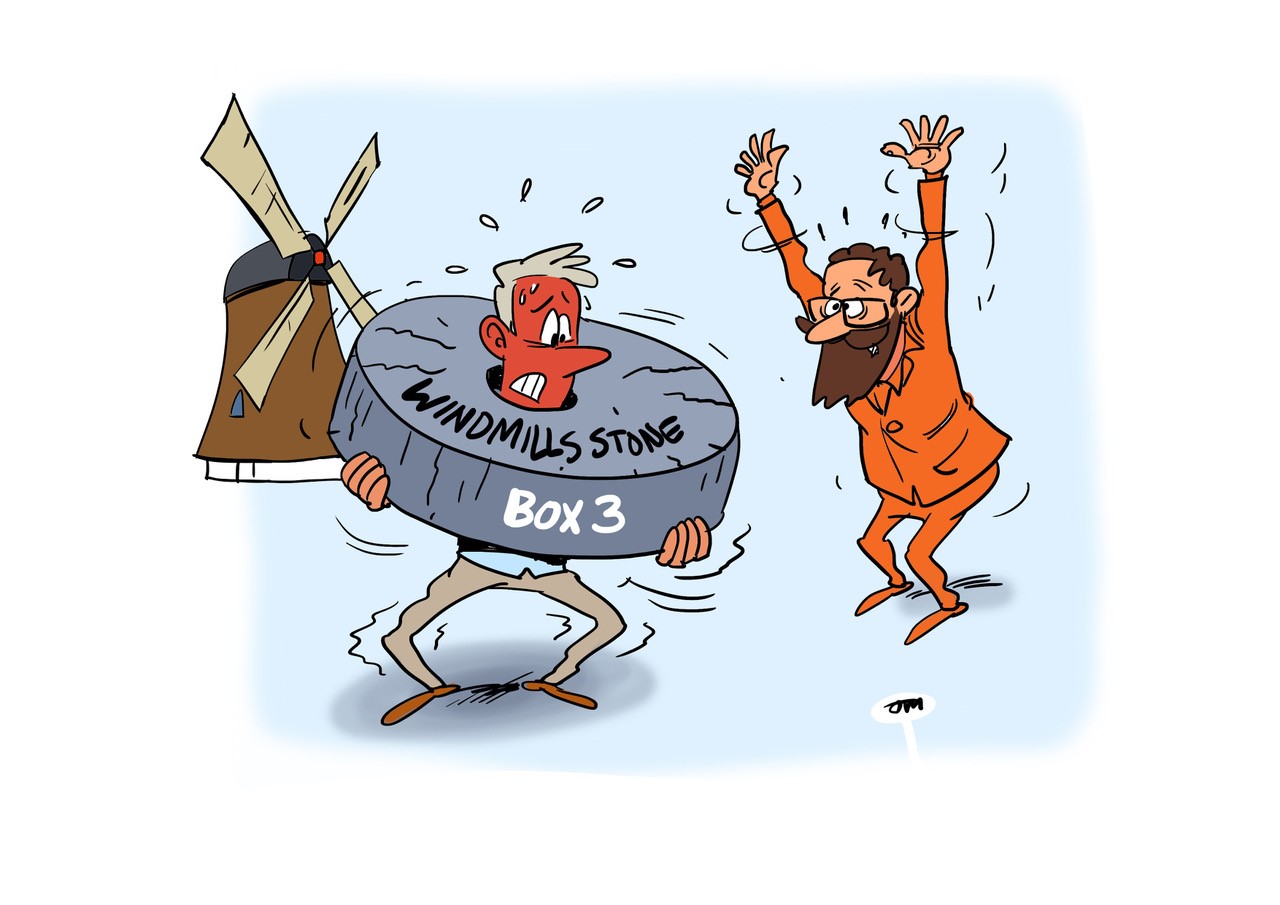“Soon I will no longer have the 30% ruling.” “The bank will charge me negative interest if my combined balances exceed EUR 250.000.” What to do with my assets?
What to do with my assets
That is a question we receive a lot. Our first reply is that we are no financial planner nor do we want to become one. Therefore we cannot answer your questions what to do. Still we like to address the topic, but note, this is not a financial advice.
What to do with my assets – Step one
If you like to have peace of mind, please schedule a meeting with your tax advisor. Then with your tax advisor you determine what exactly are your assets. If property abroad, if pension value build up abroad such as 401K or IRA then this is not part of your Dutch taxable base.
However, when you think to have secured the family assets in a trust ran by yourself, we have to disappoint you as the concept of trust is not accepted in the Dutch income tax return.
What to do with my assets – Step two
Then you have choices to make and before you make the choice you need to have calculated roughly how much Dutch income tax you actually will pay over your worldwide assets. That is to put it all in perspective. Maybe the outcome is that you pay EUR 500 annual in tax or you pay EUR 50.000 annual in tax. With the first you need to wonder if you should make changes. With the latter you certainly advise of an expert. Or should you?
Indeed a rough indication not exactly as soon the tax calculation of the Box 3 worldwide assets will change. The expected yield on Dutch property will be taxed at a higher expected yield rate, the same will apply with your stock exchange portfolio. This change is caused by both markets developing very well and the Dutch Government want to cash on that. Cash in the bank yields no more interest, hence tax on cash will be reduced.
Before you make changes in your assets build up to avoid Dutch wealth tax you need to investigate if these changes do not costs you more than the actual tax due over these assets. For instance, selling part of your portfolio to move money elsewhere might costs you a yield in increased value, or costs you transfer costs. Maybe the portfolio earns you an income via dividend, interest or capital gains, that you no longer have when you move away from this strategy. Therefore we ask you not to focus only on saving tax alone, but look at the full picture.

What to do with my assets – Step three
Wisdom comes with age. You could decide to reduce your combined bank balance with one bank to less than EUR 250.000, to avoid negative interest. You can use the excess money maybe to reduce your mortgage on the house or other debt.
Calculate how much will be the negative interest amount charged to you. You might learn it can be so much as EUR 50. Eur 50 is not a reason to jump to conclusions to change your strategy, it is more an annoyance.
You can repay part of your mortgage, if more than 10% you get a penalty. The penalty is still tax deductible, but you only receive a partly tax refund. The balance is lost in bank charges. Even if you have no mortgage deduction as the WOZ value is so high compared to the interest due over the debt, it could still be interesting to keep on the mortgage.
Some might think EUR 250.000 or more in the bank is enough, but that depends on the person owning this amount and the period in life you are at. Maybe you have 3 children that soon start university. Or one child you want to support with housing. Or you want to surprise yourself with a holiday home at the beach.
Finally – cash is king
The oldest phrase in the business is that cash is king. Cash can also be your bank balance. In times of crisis and your assets are tied up in investments that are hurt by the crisis as well, you cannot pull out the cash or refinance due to such a crisis. Then cash is king and gives you freedom. The wealth tax due is then the price of this freedom.
Tax-is-exciting
We think tax is exciting and we understand that you find the opposite when your assets are being taxed. Assets you already paid tax over when you obtained them either via employment income, profit income or inheritance. An now it is taxed again, on an annual basis.
Even though paying this tax is annoying, please place in perspective the taxable amount before you take drastic actions that might costs you more than the actual tax due. We have no wisdom what is best for you, but we can help you put it more in perspective the tax burden to help you make a decision yourself.
Sorry for the dashes in the middle of the word Tax-is-Exciting. Apparently Google has a dirty mind and sees only a three letter word that we refer to when we practice to reproduce ourselves. Anything related to that word is spam, hence this devout solution.




